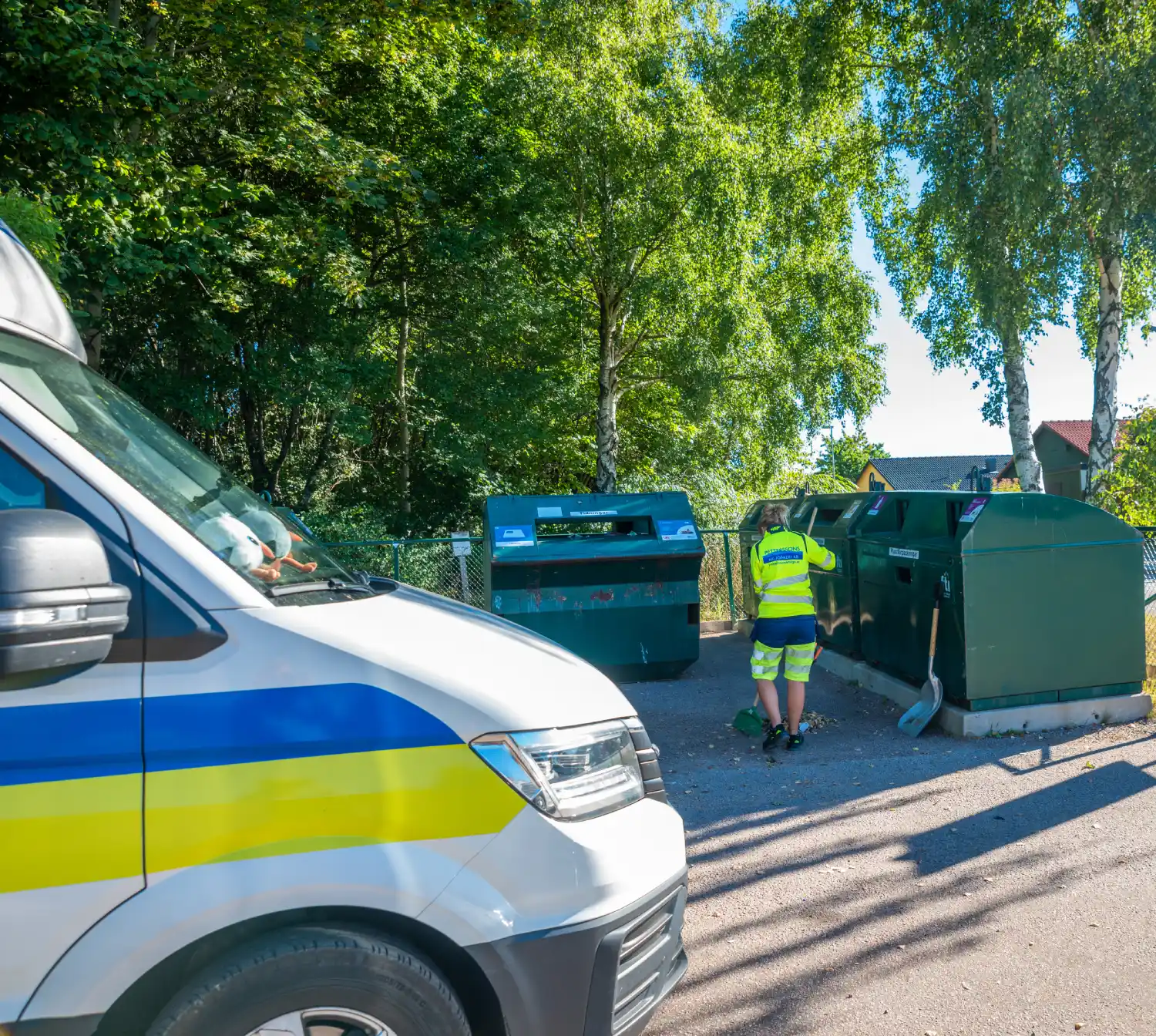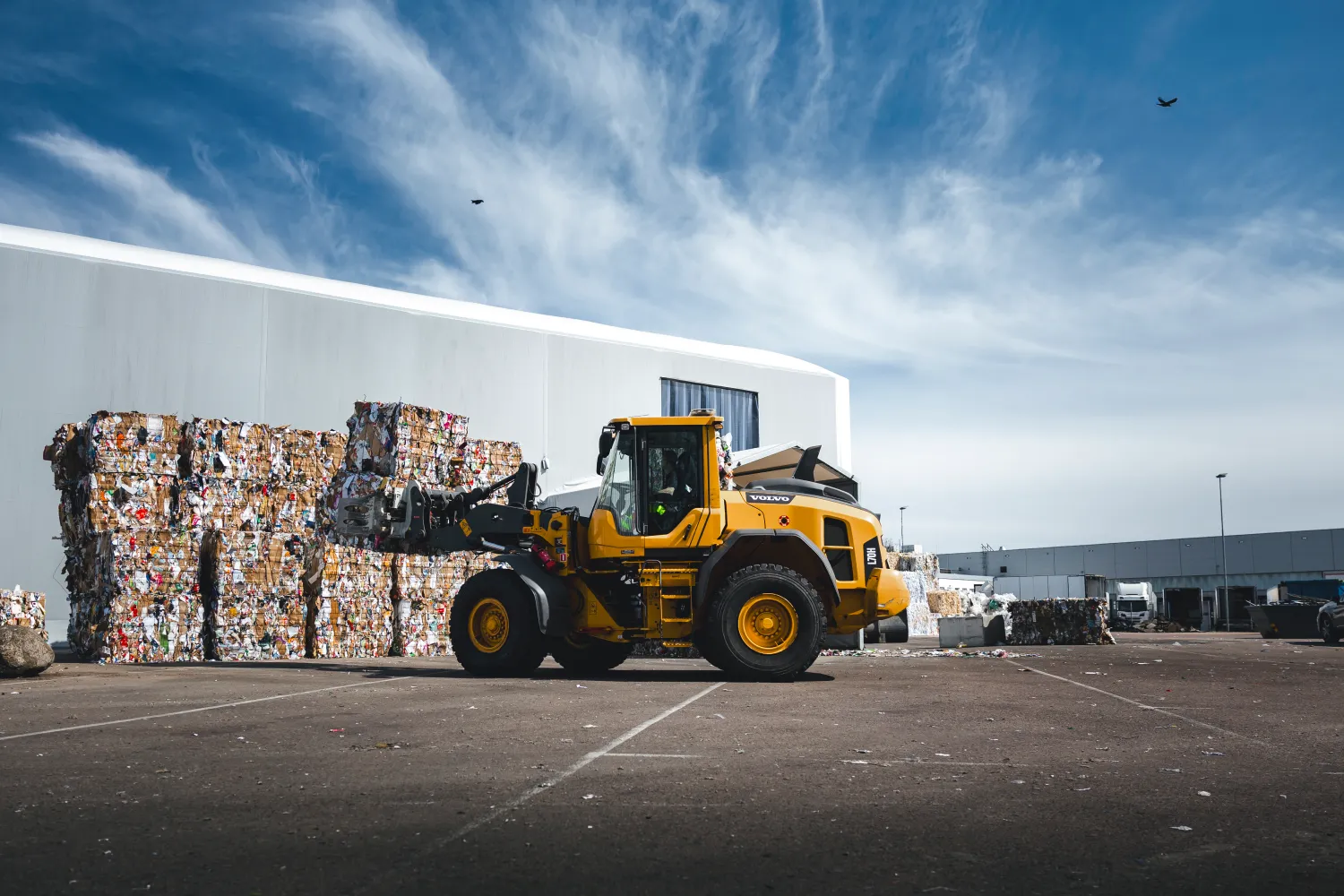How Sweden is Paving the Way for a Circular Economy
How Sweden is Paving the Way for a Circular Economy
Blog Article
Sweden has for ages been a head in sustainable techniques, and their Recycling (Återvinning) journey is nothing in short supply of remarkable. From progressive waste management programs to a nationwide social shift, Sweden has altered the way it handles waste. The nation has made trash into prize by maximizing recycling initiatives and harnessing waste as an invaluable resource. This approach not merely decreases environmental affect but also plays a role in Sweden's formidable renewable power goals.

Major Recycling Prices
Sweden boasts one of the highest recycling costs on the planet, with around 99% of family waste being recycled or repurposed. The country has developed a superior spend selecting system which makes it easy for citizens to separate your lives recyclables, ensuring small waste ends up in landfills. That achievement is not caused by just one plan but alternatively a thorough national work, including a robust infrastructure and the productive participation of Swedish residents.
Waste-to-Energy Innovation
Certainly one of Sweden's many outstanding strategies in waste administration is its waste-to-energy (WTE) model. Rather than sending waste to landfills, Sweden burns recurring waste to make power in the proper execution of temperature and electricity. This method records for around 50% of the country's spend, and the power produced forces domiciles, corporations, and also whole cities. The WTE design not merely reduces landfill spend but also somewhat reduces Sweden's dependence on fossil fuels, aiming with the nation's sustainability goals.
Prolonged Maker Duty (EPR)
A critical component of Sweden's recycling success is the implementation of Prolonged Producer Duty (EPR). That policy involves makers to manage the recycling of the services and products and packaging. By shifting the duty to makers, Sweden has somewhat reduced appearance spend and incentivized the development of more sustainable products. EPR in addition has led to higher recycling rates, especially in groups like technology, packaging, and textiles.
Public Proposal and Education
The Swedish government places a solid focus on teaching its people in regards to the importance of recycling. Public understanding campaigns encourage visitors to adopt responsible use habits, such as lowering waste and recycling effectively. Schools, press shops, and regional governments interact to promote environmental stewardship, ensuring that recycling is part of lifestyle for Swedes of ages.
Potential Improvements
As Sweden remains their recycling journey, the country is exploring new systems to help expand increase waste management.

Conclusion
Sweden's recycling journey has turned waste in to prize, showing that spend can be a valuable resource when handled responsibly. Through high recycling costs, waste-to-energy innovation, and procedures like Prolonged Producer Duty, Sweden has set a global case for sustainable spend management. With extended invention and a tradition of environmental awareness, Sweden is set to remain at the front of the world wide recycling action, featuring that a rounded economy is not merely possible—it's the future. Report this page